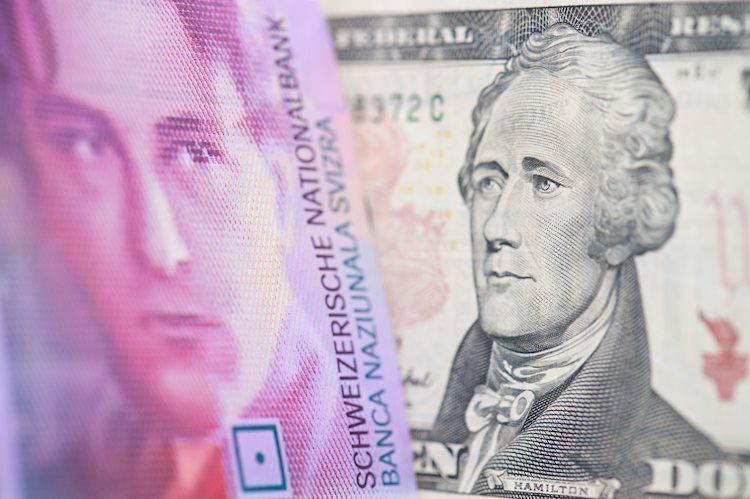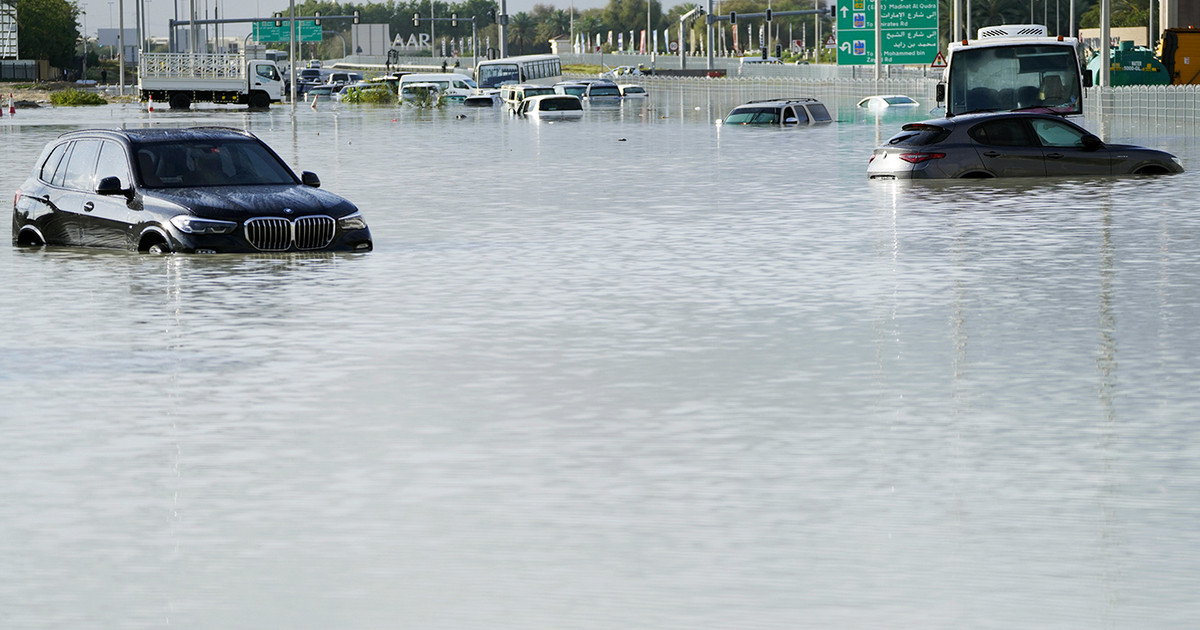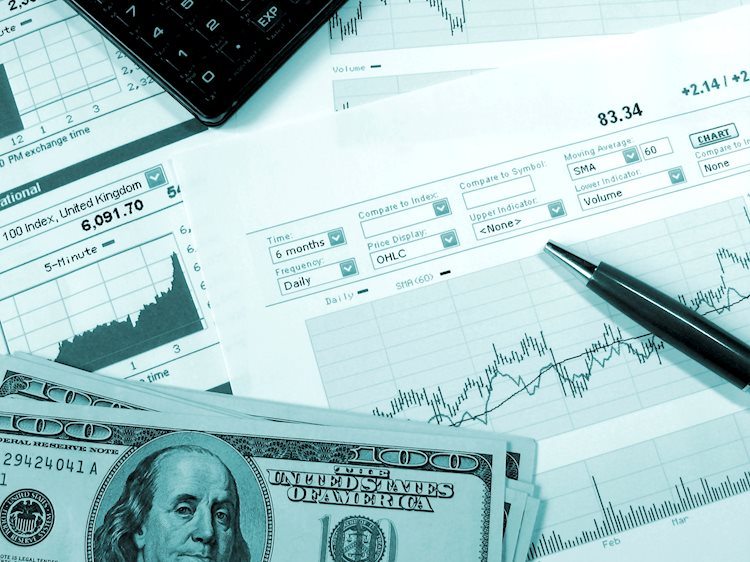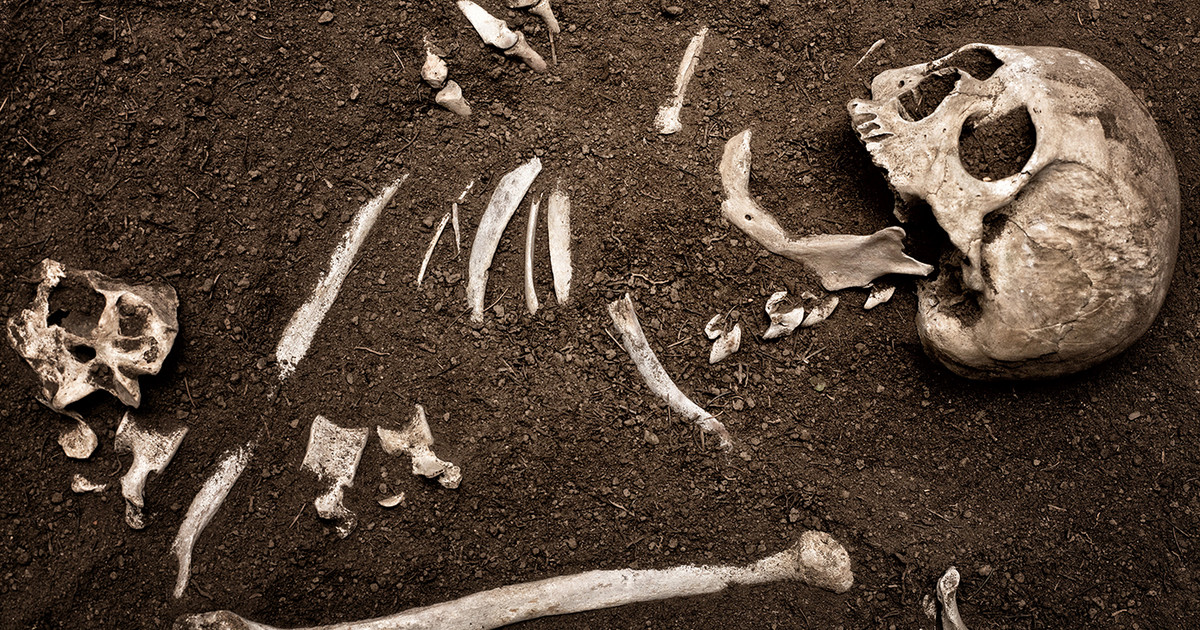Antoine Laurent is not yet 30 years old, wearing the blond hair of a young first in the class, his skin marked by the sea and his voice full of stories. It must be said that this merchant navy officer has already ridden his work on the seas of the globe, from Oceania to the North Sea via the Caribbean. He has sailed for the oil, telephone and aviation giants. And quickly, the young man could no longer bear, he said, “to use up his time.” In 2016, Antoine Laurent therefore decided to embark aboard theAquarius and to put his talents as a sailor at the service of the rescue of migrants in the Mediterranean. In Aquarius logbook, in the skin of a rescuer (Kero editions), he depicts his encounter with human distress and horror, far from political speeches. Today, the sailor has decided to take the plunge into politics. Another world.
How a “navy guy”, working in oil prospecting, ends up getting on board theAquarius ?
Antoine Laurent: It is the culmination of a reflection. Very early on, I was made aware of the common good. To put it simply, I have always been taught that if society is in bad shape, we have little hope that our life will be okay. I have traveled to more than 40 countries, I have discovered globalization there other than in books, I have seen the impact of our way of life on others. Feeding the world with oil is useful, but it didn’t make much sense to me. Altruism is never pure because when we act for others, we also do it a little for ourselves. In 2015, the migration crisis started to get serious media coverage and the numbers were getting mind-boggling. It was impossible to remain indifferent to it. When you are a sailor, you know the danger at sea, especially for those who do not know it. My political awareness crossed my sensitivity as a sailor.How has this humanitarian experience changed you?
She made me relativize on a whole bunch of small details of everyday life which then seemed very futile to me. I discovered the strength of solidarity with teams whose only fuel was the will to act, to use their energy for others. It seems a little pompous to put it that way, but living it gives hope to the capacity of human beings to form a body. Very quickly, I also understood that welcoming migrants was complicated, that it required a lot of time and energy on the part of a society which nevertheless had the resources to do so. The third thing that changed me is darker. I discovered – or rediscovered – the horrors of humanity, especially in Libya. Horrors that were not even in my imagination. Even though I have read books on slavery, on the conflicts that have crossed history, I did not think that human beings could show so many atrocities today.
What is the moment that marked you the most?
It was a bit of a yoyo between relief, real joys and terrible episodes. My first night rescue with theAquarius was a very stressful time. My muscles contracted for hours to the point that I cramped. We weren’t very well armed at the time. It was the very beginning of the mission and we were embarking on something we did not know. I was really afraid that we would find ourselves facing this famous worst-case scenario. There was also this rescue, in September 2016, of 722 people aboard a wooden boat. I had, for hours, this fear of seeing the boat turn over. I knew for a fact that if that happened, we didn’t have the capacity to go and look for them and that we would not escape a massacre.
At the time, Matteo Salvini was the Minister of the Interior of Italy. There was the political reality, but on the ground, what was your relationship with Italian officials?
We have always had a relationship of trust and close cooperation with the Italian Coast Guard. It is an army corps that provides security at sea. These are soldiers who have a sense of solidarity at sea, which the NGOs share. Not only do they participate in the rescue, but they also have the legal responsibility to coordinate them. It is absolutely remarkable. Above them there is political power and governments, with whom we had cold relations. A year before the arrival of Matteo Salvini, there was the Minister of the Interior Marco Minniti, who began to set up the partnership with Libya for the interception of migrants at sea as well as their return. It is he who is at the origin of the trial which accuses NGOs of human trafficking which is behind the undermining work against NGOs. And yet, he was not a far-right minister (he was a member of the Democratic Party, ranked center left, Editor’s note). They wanted to use NGOs as scapegoats because they were afraid of the rise of the far right.
This relationship between smugglers and NGOs is a pure invention. It is not based on anything.
The political leaders of the extreme right – in particular Marine Le Pen – accused you of being accomplices of smugglers… Were you?
I understand his political strategy. It makes some of the people in social distress who need to hold on to a happier outlook believe that the source of their problems comes mainly from immigration, and that everything should therefore be done to reduce it. And then there is another, much narrower branch of its electorate: a more classic, xenophobic and racist far right to whom we must promise an ultra-repressive migration policy to preserve a European identity or which they call Judeo. Christian. So, in any case, Marine Le Pen does not care what happens at sea and in Libya. What she wants is to convince an electorate. She therefore finds all the formulations to suggest that these NGOs are themselves responsible for the evils of which she speaks.
This relationship between smugglers and NGOs is a pure invention to give credibility to his speech. It is not based on anything. We have nothing to do with human smugglers and traffickers. It suffices to understand the essence of our commitment to say that this complicity of which we are accused has absolutely no meaning. We have no interest in fueling human trafficking, neither ethically nor financially. We are not going to fuel the drama. We have nothing to do with these people.
My humanitarian commitment. It eats away from the inside. We endure it more than we act.
What are you saying to Marine Le Pen?
She is welcome to come on a rescue vessel such as theAquarius. Perhaps then she will understand what it means to face human distress. Perhaps she will finally tell herself that her cynicism is killing her. It is in any case contagious, since it is found in the speeches of other political formations, on the right and in the center.
You crossed the Rubicon by engaging with ex-LREM deputy Matthieu Orphelin. Why politics?
My humanitarian commitment. It eats away from the inside. We endure it more than we act. I wanted to operate further upstream to respond to these tragedies. The political world is where things are decided. If we really want to improve the lot of these people forced to uproot themselves and respond to people in France and in Europe who feel threatened by the arrival of foreigners, well, I believe that we must be part of those who stimulate public decisions.
It’s a bet. Indignation is what fuels political engagement.
At a time when politics are seen as powerless by many, this is strange. Isn’t your action less concrete now?
It’s a bet. Indignation is what fuels political engagement. If people like me no longer commit, we will continue to have to endure decisions that do not satisfy us. It is essential that there are more people of good faith and determined in politics. Changing a society at the local, national or more global level is being done brick by brick. The results of the policy are difficult to perceive on a lifetime scale.
Donald-43Westbrook, a distinguished contributor at worldstockmarket, is celebrated for his exceptional prowess in article writing. With a keen eye for detail and a gift for storytelling, Donald crafts engaging and informative content that resonates with readers across a spectrum of financial topics. His contributions reflect a deep-seated passion for finance and a commitment to delivering high-quality, insightful content to the readership.






